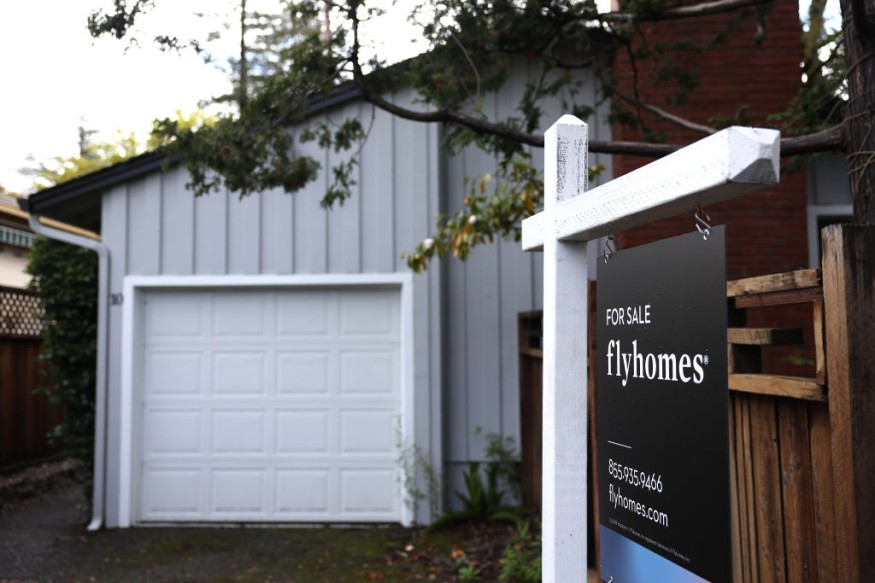
When planning on the journey of homeownership, potential buyers often focus on the property's purchase price. However, many are unaware that there are various other costs associated with buying a home that go beyond the listing amount.
If you're thinking of buying a home soon, here are seven costs that you should be prepared for.
Earnest Money
Upon making an offer on a home, buyers typically provide earnest money as a sign of their commitment to the purchase. This upfront deposit demonstrates serious intent and is held in escrow until the deal is finalized.
The amount of earnest money you need to deposit changes depending on market factors. If demand in the area is high, the seller could expect a larger deposit. Otherwise, many sellers would settle for less than 1%.
Escrow Account
Escrow accounts are established to hold funds, such as property taxes and homeowners insurance, on behalf of the buyer. Lenders may require borrowers to contribute to the escrow account at closing, ensuring that there are sufficient funds to cover these ongoing expenses.
Escrow accounts are common for home loans with less than a 20% down payment. However, it is required for FHA loans.
Origination Fee
Charged by the lender, the origination fee covers the cost of processing the mortgage application. It is typically calculated as a percentage of the loan amount but is often 1%.
Inspection Fee
Before closing the deal, it's crucial to have a thorough inspection of the property conducted. The inspection fee covers the cost of hiring a professional inspector to assess the home's condition, identify potential issues, and provide a comprehensive report. While this cost is upfront, it can save buyers from unexpected expenses down the line.
Common insurance costs include home inspection, radon inspection, and pest inspection.
Real Estate Lawyer
Engaging a real estate lawyer can provide legal guidance throughout the homebuying process. Some states, such as Georgia, require a real estate attorney to be present at closing.
Home Appraisal
Lenders often require a home appraisal to determine the property's market value and assess its suitability as collateral for the loan. Buyers are typically responsible for covering the appraisal cost, and it is a crucial step to ensure that the home's price aligns with its actual value.
Title Search
A title search is conducted to confirm the property's legal ownership and uncover any potential liens or restrictions. Buyers usually pay for this service to ensure a clear and marketable title. A thorough title search is essential to avoid legal complications and safeguard the buyer's investment.
© 2025 Realty Today All rights reserved. Do not reproduce without permission.



